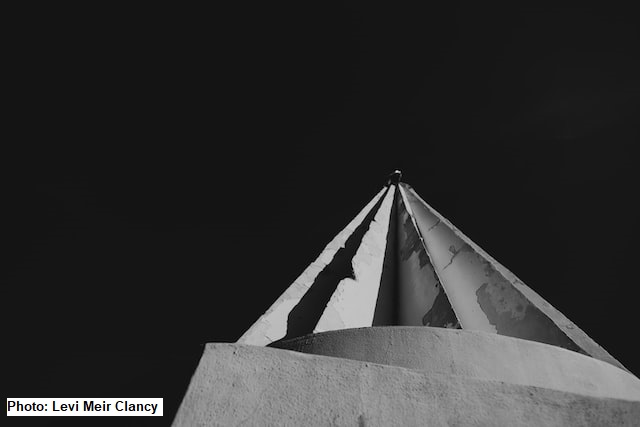Washington Kurdish Institute
March 23, 2023
The Yazidis (Êzîdî) are an ethno-religious group native to Mesopotamia, which is modern-day Iraq. They follow a unique monotheistic religion that incorporates elements of Islam, Christianity, and ancient Mesopotamian beliefs. Yazidis are a Kurdish ethnic group and their religion is believed to have developed over several millennia with its own unique set of beliefs, practices, and rituals.
Yazidis believe in a single God who created the world and is represented by a peacock angel known as Melek Taus. They believe that Melek Taus was sent by God to save the world and that he can be worshipped through music, dance, and other forms of ritual. They reside in the western portion of the Kurdistan Region of Iraq, but their region remains part of the disputed territories between the Kurdistan Region and the federal government. In addition to their main homeland, Shingal (Sinjar), the Yazidi community is spread across the Middle East, with populations in Syria, Turkey, Georgia and Armenia.
Due to their unique beliefs and practices, Yazidis have faced persecution and discrimination throughout their history, including at the hands of Muslim rulers and Ottoman authorities. Many of its members have been historically and continually subjected to forced conversions, massacres, and other forms of violence.
In 2014, the Yazidis were victims of a genocide committed by ISIS (Da’esh) terrorists, where tens of thousands were killed. During the genocide, Da’esh terrorists enslaved thousands of Yazidi women and girls and destroyed many of their recognized holy sites and towns.
Despite these challenges, the Yazidi people have maintained their unique religious and cultural identity. After the liberation of their towns and villages, the Yazidis have had to contend with a lack primary services, destruction, security and political issues, and most notably, 70-90% Yazidis suffer from post-traumatic stress disorder (PTSD) due to their experiences with the genocide. They continue to struggle rebuilding their communities and protecting their religious and cultural heritage.
Finding Justice for the Yazidi Women Victims of the Da’esh Terrorists
The case of Yazidi women who have been victimized by Da’esh terrorists was the subject of an international law event at the George Washington University Law School on March 20th.
Leah Calabro, Visiting Associate Professor and Fellow for the International and Comparative Law Program at GW Law, presented her research and scholarly work to the law school audience.
According to Professor Calabro, of the fifteen international crimes enumerated in the Rome Statute — such as genocide, crimes against humanity, and war crimes — the only crime that was not committed by the ISIS against the Yazidis was the crime of apartheid.
In her research, Professor Calabro analyzes the applicability of human rights texts to the acts committed by ISIS against Yazidis women. She also surveys human rights mechanisms, such as the International Criminal Court, ad-hoc tribunals, and domestic options in states where the crimes were committed or the perpetrators are citizens, and considers which of them could be viable avenues for the victims.
No Justice Yet for Yazidis
After years of Islamist rule, the terrorist “Caliphate” of Da’esh was defeated physically in 2019 at the hands of the Kurdish-led Syrian Democratic Forces (SDF) with support from a US-led global coalition. The victory over Da’esh liberated millions of people in Iraq and Syria. That said, tens of thousands of terrorists and their families were captured and placed into prisons and into al Hol camp in Syria. Many of the captive terrorists were responsible for atrocities against Yazidis, but remain in prisons without prosecution. On several occasions, the Kurdish-led Autonomous Administration for North and East of Syria (AANES) has appealed to the international community to repatriate thousands of detainees and to set up an international tribunal to prosecute the terrorists. However, the AANES calls went unheeded, and today al Hol camp remains full of terrorists who often commit crimes within the camp. To this day, the Kurdish authorities free Yazidi women from the camp who were enslaved and forced to bear the children of deceased terrorists.
To this date, only a few Da’esh terrorists have been prosecuted in Europe for atrocities and partaking in the genocide, but the vast majority remain in the prison camp in Syria. Meanwhile, the Yazidi communities, and particularly Yazidi women, remain the most vulnerable victims of the genocide.

